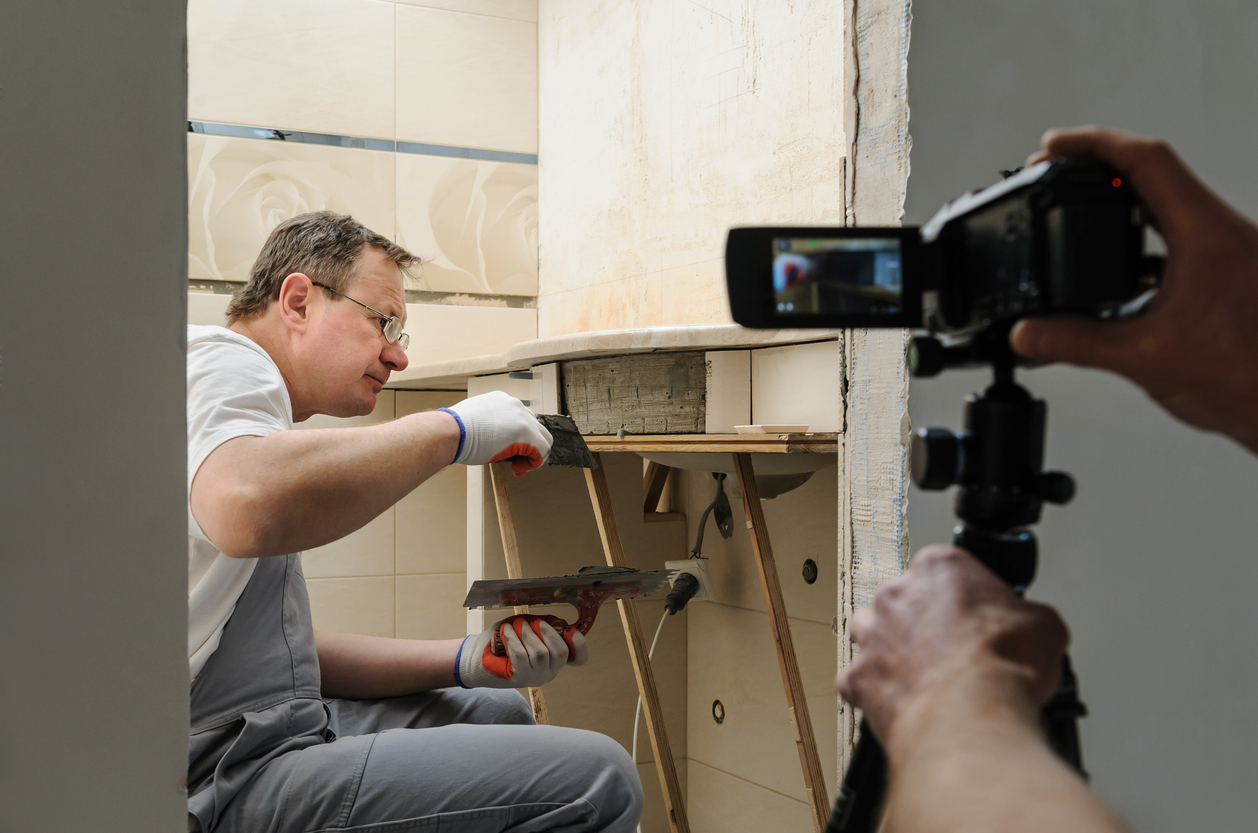A decision by the Florida’s Fourth District Court of Appeal held that an insured may electronically record an insurer’s appraiser during an inspection of the insured’s property.1 In the current case, a Florida policyholder appealed an order denying her motion for summary judgement, ruling that unless all participants consent, no one may record an insurer’s appraiser inspection in their home. The trial court reasoned that under Florida law, “the only way to record by way of video or by audio is with the full consent of all parties participating.”2 The appellate court disagreed.
On appeal, the policyholder successfully argued:
[I]f an insurance policy does not prohibit an insured from exercising a right incident to a contractual provision, then the insured may exercise that right.3 State Farm, as the drafter of the contract, could have easily included language barring insureds or their representatives from audio/video recording appraisal inspections, but chose not to. Therefore, the contract must be strictly construed against the drafter, in this instant case, State Farm.
The policyholder also argued that the trial court erred in ruling that Florida law prohibits anyone from audio/video recording any other person without the “full consent of all participating parties.” In fact, Florida’s wiretapping law protects only against the recording of oral communications, not video images, and the statute only protects oral communications when the speaker has a reasonable expectation of privacy.4
Regarding the oral communications, under Florida law, an appraiser has no reasonable expectation of privacy when conducting an inspection of an insured’s home.5 In State Farm Florida Insurance Co. v. Chirino, the trial court allowed the policyholder to audio and video record the appraisal of the policyholder’s home, and State Farm petitioned for certiorari, arguing that the order violated the appraisee’s right to privacy. In its conclusion, the appellate court agreed that trial court erred in precluding the policyholder from openly recording a visitor within their own home.
In the current case, the court recognized Chirino, stating:
Nothing in the policy precluded audio/video recording of an appraisal inspection and that the insurer’s appraiser has no legitimate expectation privacy while in the insured’s home for the Inspection. The insurer has not identified anything that would validly preclude a homeowner from openly recording an inspection of her own home.
For an oral conversation to be protected under Florida’s Interception of Electronic Communication Rule, the speaker must have an actual subjective expectation of privacy, along with a societal recognition that the expectation is reasonable.6
The court reversed the ruling stating that in the current case, the appraiser had no legitimate expectation of privacy in the policyholder’s home, and the statute does not apply.
Thought of the day: “Never lower your target. Increase your actions.”
________________________________________
1 Silversmith v. State Farm Ins. Co., 2021 WL 2910240, 4D20-2685 (4th DCA July 7, 2021).
2 State v. Smith, 641 So. 2d 849, 852 (Fla. 1994) (concluding that a person did not have a legitimate expectation of privacy while seated in the back of a police car).
3 Nawaz v. Universal Property & Cas. Ins. Co., 91 So. 3d 187, 189 (Fla. 4th DCA 2012).
4 Fla. Stat. 934.03 (2020).
5 State Farm Fla. Ins. Co. v. Chirino, 300 So. 3d 1240, (1241-42) Fla. 3d DCA (2020).
6 State v. Smith, 641 So. 2d 849, 852 (Fla. 1994).





